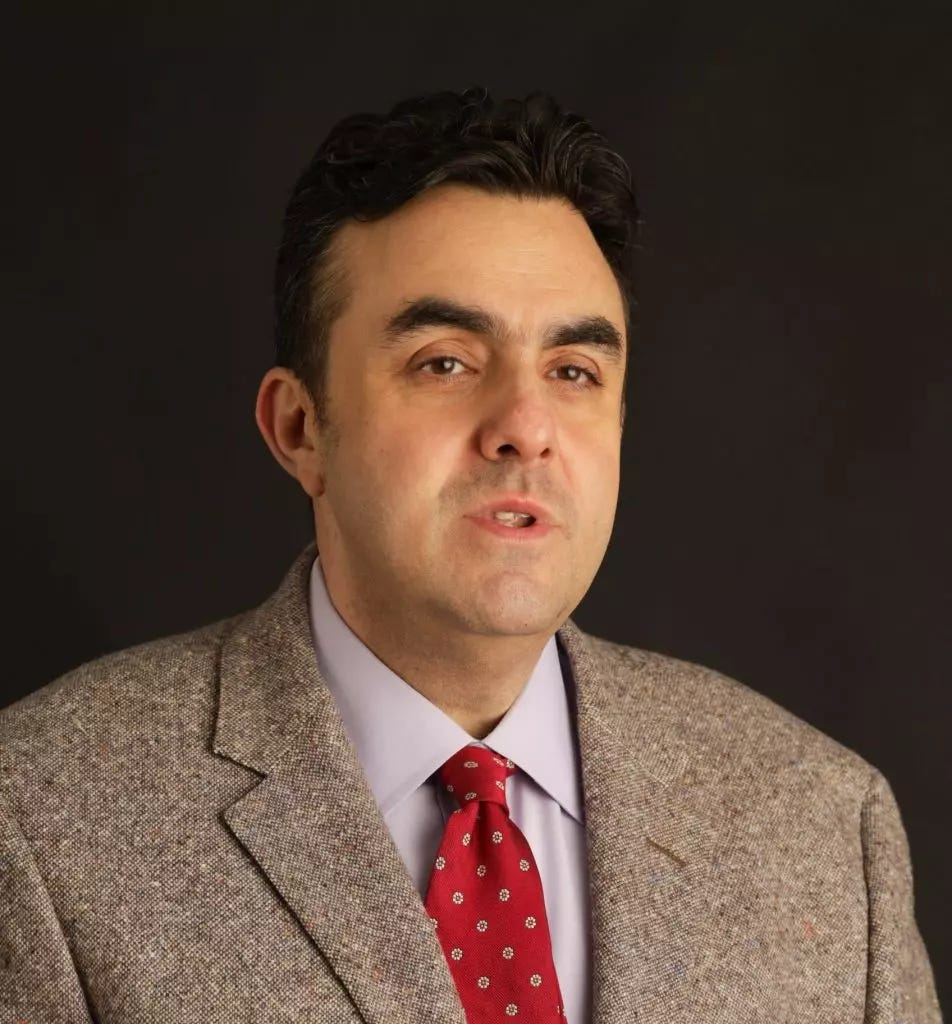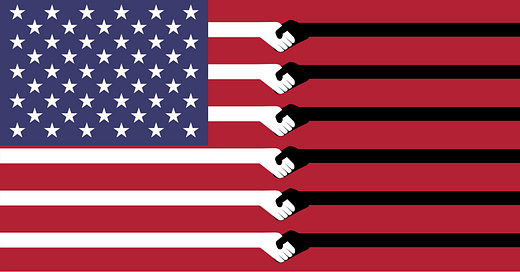I recorded a podcast this week with a well-regarded local political commentator in New York City. The topic was my recently published book, which is about the failures of progressive policies in New York City. The podcaster, in his late-50s, is a black liberal of the old school, which is to say he reveres Martin Luther King, believes in the possibility of joint progress, and is skeptical about the radical claims of critical race theorists.
At one point during the conversation, we were discussing the question of “school segregation” in New York City. I made the point that I didn’t think segregation was a useful term to describe contemporary conditions. Segregation, I suggested, in this context referred to a system of legally mandated separation of the races in government-operated education. In New York City, there is no such legal structure. Moreover, 85% of the student body in city schools is non-white, and it is on the basis of white population that schools are labeled “segregated.” What sense does it make to talk about “de-segregating” schools when there aren’t enough white kids to spread around?
Also, I continued, what is the significance of white students to non-white education? In the logic of Brown v Board of Education, and in common discussion of how schools educate different populations, the argument is often made that white communities have more money than non-white communities, and thus offer more resources to their schools, because most schools around the United States are funded primarily through local property taxes. But in New York City, all schools receive equal per capita funding, so there is no resource-starvation of schools in black neighborhoods. In theory, all kids should be able to get a quality education.
That’s not the case, however. Black and Latino kids have much worse outcomes than their white and Asian counterparts in test scores, graduation rates, and college readiness. I contended that citing racial imbalance (“school segregation”) as a primary factor in explaining why these differences persist is a useful excuse for the teachers’ union in papering over its own failures. It is also useful for various demagogues and ideologues, who ring the alarm over racism at every turn for their own political purposes.
At this point, my interviewer raised an interesting point that I had not previously heard stated so plainly. While insisting that segregation is the correct term to use, and arguing strongly that disparate impact is prima facie evidence of racism in effect if not intent, “segregation,” he said, “is really a question of black isolation.” The black community, he suggested, is wracked with certain cultural dysfunctions which amplify themselves when left unchecked. The glory and promise of a big city is dynamic exchange between cultures, but when black people are ghettoized, they are locked out of the possibility of experiencing the kind of abrasion through which people learn and improve.
Blacks, in this line of thinking, are like poor relations who never get invited to dinner, and thus haven’t learned the ways and customs of the greater family. They may survive, but they do not thrive or ever really integrate into the family tree.
This proposition struck me as novel and sympathetic. Too often, demands for affirmative action, racial “equity,” and equality of outcome are delivered as punitive recompense for past faults. Whites, it is said, owe and owe and owe, while blacks are owed and owed and owed. The entire narrative of American race relations is cast as a matter of justice, meaning findings of guilt and compensation. But few white Americans are guilty of anything, even if their ancestors partook of an unjust system.
At the same time that they don’t wish to accept eternal blame and guilt, most white Americans understand that blacks are not in a great social position and may need some help, and I think that they are willing to offer it—trillions of dollars in wealth transfer over the last 55 years bear this out. Black activists might find it humiliating rather than humbling to admit that their community is suffering from problems and internal contradictions that aren’t necessarily the fault of anyone else, but it may actually be salutary for both sides if they would cast their demands less in terms of debt and righteous recompense, and more in terms of a hand up.






I really hate to repeat myself...and that I need to may point to my being unable to communicate...but here goes:
Giving anything unearned is a surprise and is welcome...once. Perhaps even if done every year it is welcome. However, it the gift is money and makes the survival of the recipient possible and such survival would NOT happen if the money was not given is a problem. Over time, the "gift" becomes a sign of disrespect and created anger (sometimes conscious, but most often subconscious) That is why there is such suppressed anger that surfaces upon an emotional event in the neighborhood. Usually, the action is not the real cause for the demonstration, but the anger built up over years and that is why the demonstrations turn to looting, assaults and arson...and more. If government seriously wanted to help the poor, they would condition what we now falsely name "welfare" on accomplishment ... not "lack or need". Require proof of enrollment in and attendance at a work training program, child support on attendance records of at least 80% and on passing grades, or even on community service involvement. Then the money is not a "gift" (it is "earned") and it isn't forever (as it results in the recipient being able to find work in the private sector...a step which leads to self-respect and pride in accomplishment. Provide a "helping" hand, not focus on making the recipient's into a "dependent" hand.
Barron appears to be incredibly naive today. A whiny, manipulative, entitled and demanding relative who has been caring on like the Black community has for the last 60 years would be finally left to their own devices.